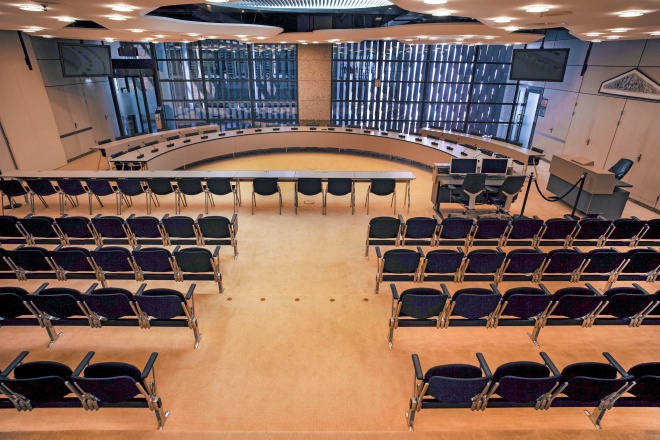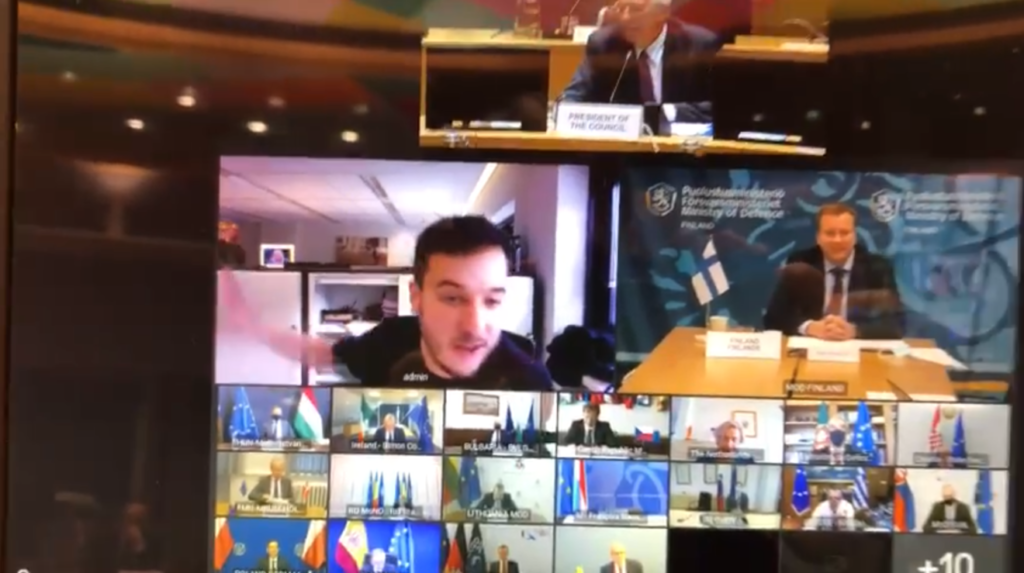Expert committee voices concern about the consequences of informal Council document category for transparency law and the democratic legitimacy of EU legislation.

This week, the Meijers Committee published a note on the proliferation of a new type of informal document category in the Council in recent years.
Note CM2107, entitled ‘Working Documents’ in the Council of the EU cause a worrying increase in secrecy in the legislative process, explores the recent introduction and spread of the so-called ‘WK’ document label. Short for ‘working document’, this document label was first introduced in the Council in 2015 and has since then been widely used in the Council’s different preparatory bodies across its different policy formations. The note is available in EN, DE, and NL language versions.

Not infrequently, documents used in legislative decision-making procedures are also given this informal label. WK documents are not immediately cited on the public register, and when they are, are only mentioned in document lists cited official documents. Consequently, this label considerably undermines citizens’ ability to follow legislative dossiers or attribute proposals and objections tabled by member states. Moreover, recourse to this label contravenes specific disclosure obligations under Regulation 1049/2001, notably its article 12(2).
The Meijers Committee note expresses its deep unease with this informal administrative practice, describing it as “a worrying development from a democratic perspective”. To counteract its transparency-undermining character, the note makes various recommendations for improvement.
Recent publicity concerning the ‘WK’ document label
In recent months, others have sounded the fire alarm over the Council’s informal document practice as well. In February, Transparency International deplored its use in a report on ‘backroom legislation in the Council’.
In March, the European Ombudsman expressed her worry about the potential transparency-repressing effect of this label in a strategic inquiry concerning the transparency of Council decision making during the Covid-19 pandemic. In doing so, she echoed critique voiced in a 2018 report on the administrative organisation of the Council’s internal legislative process.

Another challenge to the WK label has come in the form of a court action brought against the Council at the end of March by former EP secretariat member Emilio de Capitani. The latter was refused access to certain WK documents pertaining to a legislative procedure, in a Council decision which he now seeks to have annulled on grounds that this conflicts with the principle of legislative transparency and the duty to proactively disclose legislative documents. De Capitani previously won a case against the Parliament for its refusal to provide access to legislative documents pertaining to so-called trilogue negotiations with the Council which were still ongoing at the time of the request.
The Meijers Committee is a Netherlands-based standing committee of experts from academia and civil society organisations who offer legal commentary and advice on pressing European decision-making dossiers of the day related to immigration, refugee, criminal, and institutional law. Principles of democratic legitimacy, the rule of law, and fundamental rights are leading beacons in its legal notes. The Meijers Committee was founded in 1990 by Professor Herman Meijers, in response to the secretive and unparliamentary negotiation process around the Schengen border agreement that were taking place at the time. Since then, it has issued hundreds of notes, inter alia playing an instrumental role in advancing the right of public access to documents through the Amsterdam Treaty and Regulation 1049/2001 negotiation processes.


